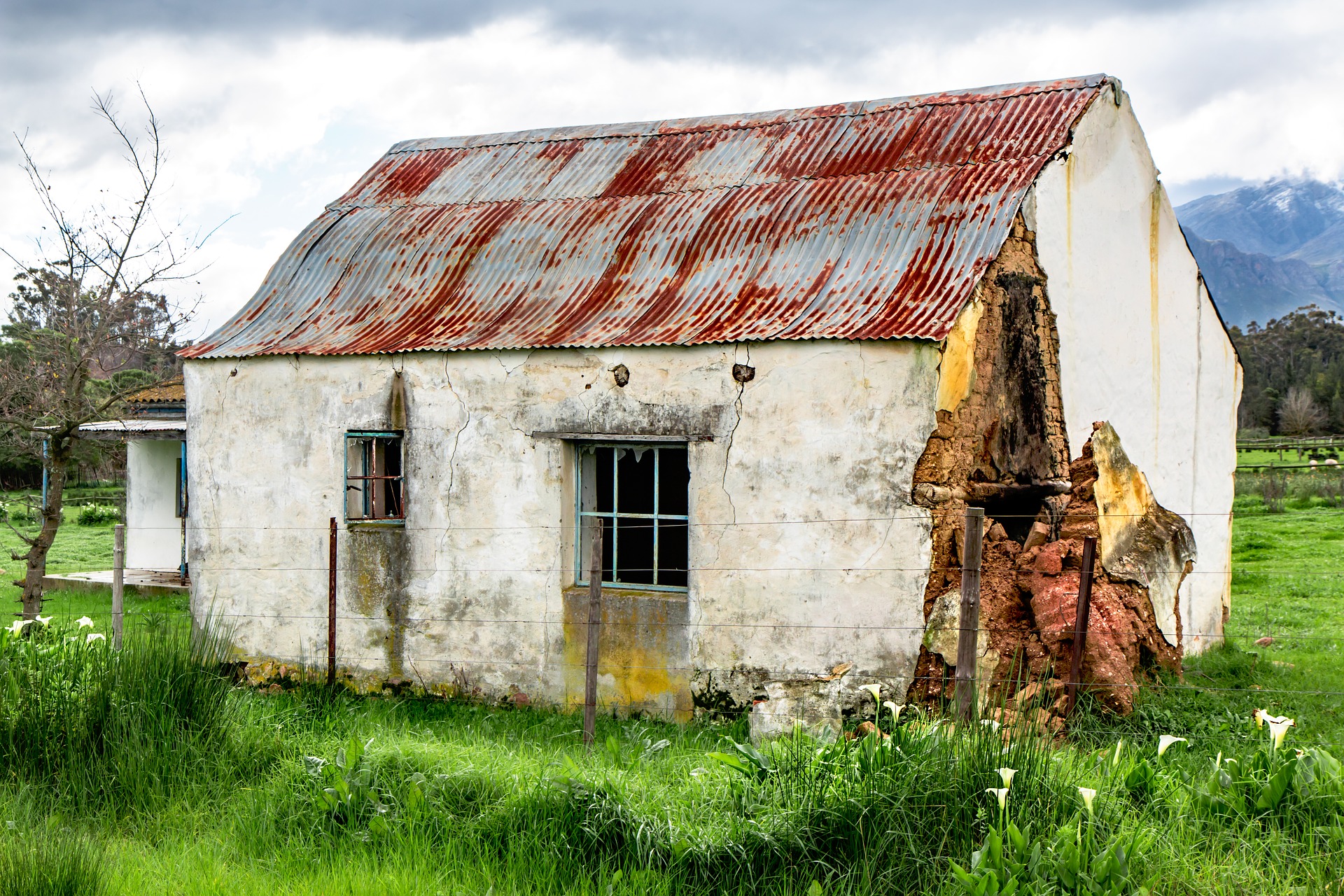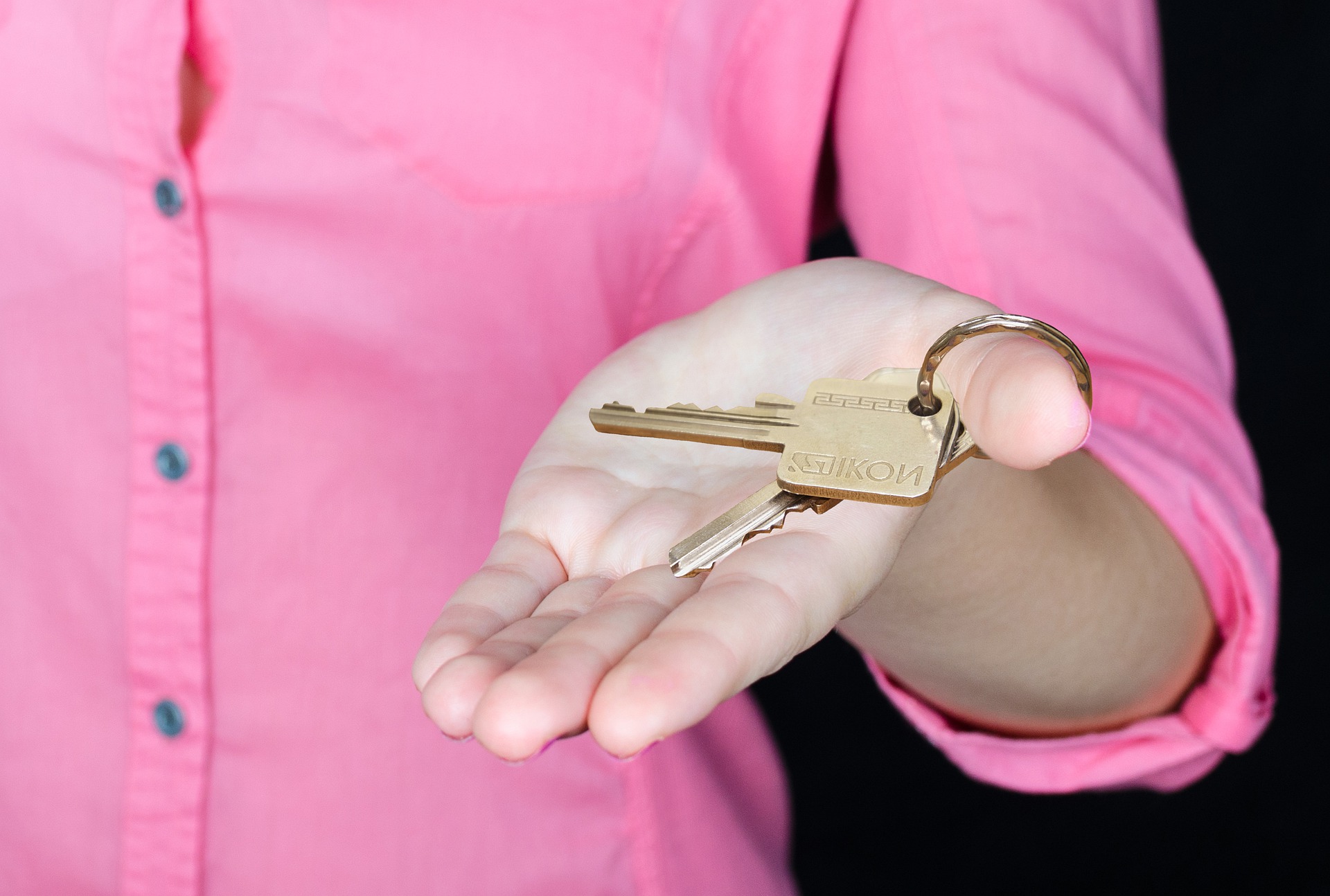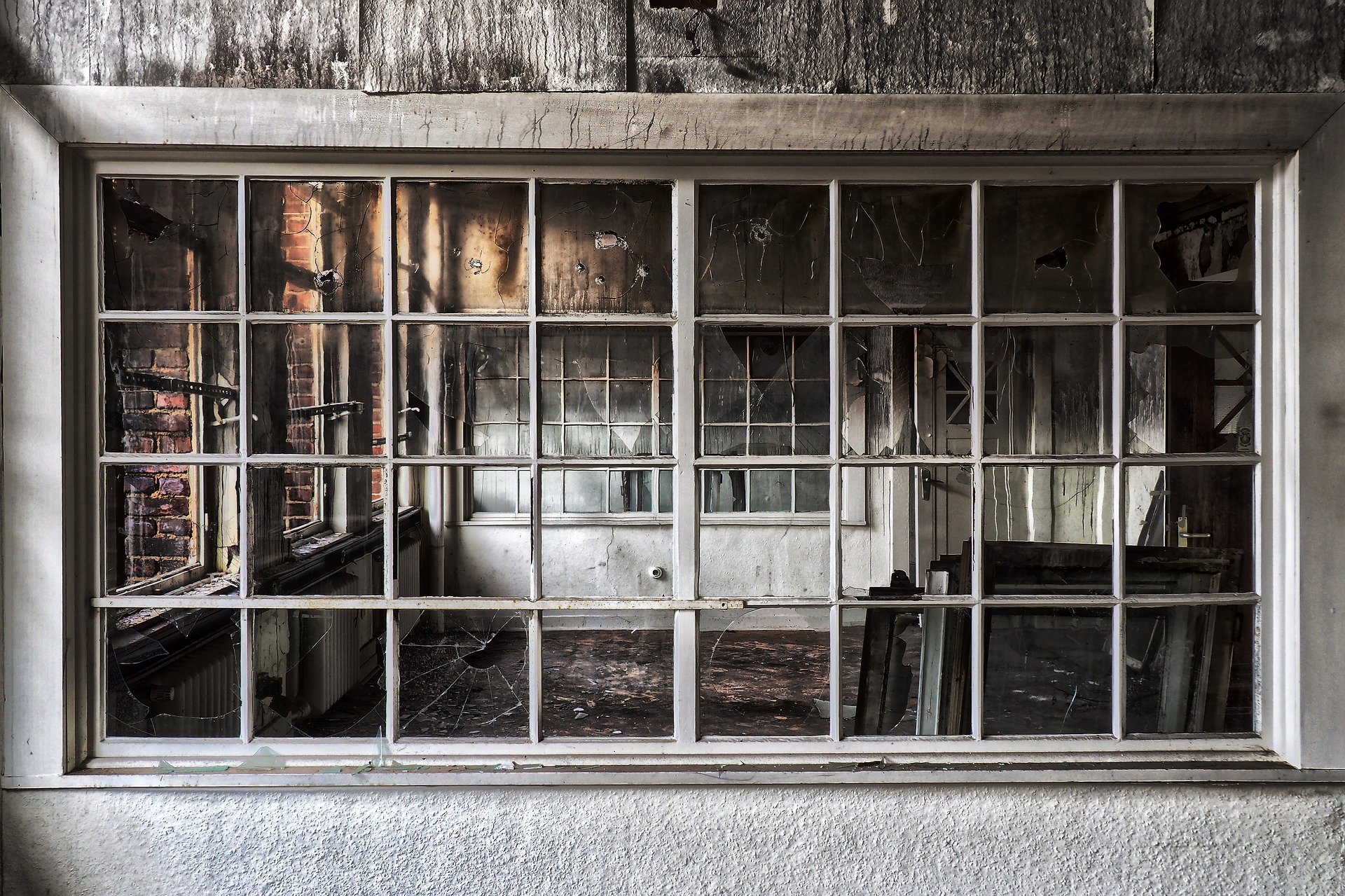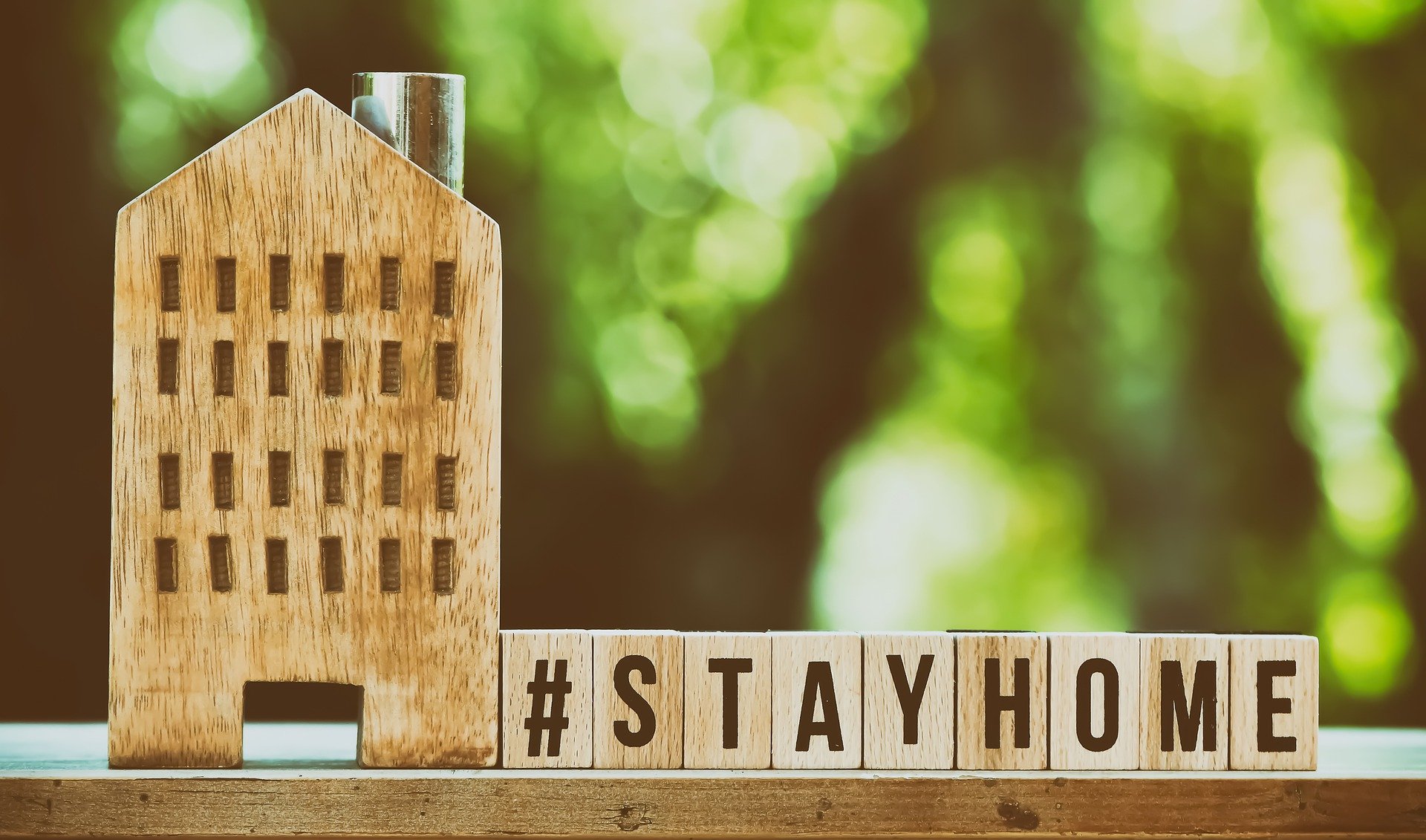
When we think about Housing Disrepair Claims, or any type of personal injury claims in general, the first thing we consider is how long the case will take. It’s understandable that you would want as little stress as possible. That’s why you may feel like a legal case may be too big to undertake during the pandemic. Even with the current lockdown easing, we know that you may feel as if you simply don’t have the time or energy to move forward with a claim.
That’s why it’s crucial that you have an experienced law firm on your side to ensure that your case is in good hands. This is where Gowing Law Solicitors can step in to help. Not only can we ensure that your case is handled in a timely manner, but our specialists will always be there to provide you with advice and consultations to make sure you know what you are getting into, as well as how much you could be owed as compensation.
Gowing Law Solicitors will make sure that you are able to live comfortably in your rented property. All you need to do is get in contact with us to ensure that you get the help that you need. Call us today on 0800 041 8350 or click the link below to learn more:
What counts as a Housing Disrepair?
Before we jump into timescales of different cases, it’s crucial to understand what areas/items on your property could easily get damaged due to natural wear and tear over the years. As the tenant of a council home or rented property from the housing association, it is your responsibility to keep your home in a liveable condition. That includes looking after any essential equipment and keeping the property clean and tidy. If the property ends up in disarray due to your own negligence then your landlord may ask you to pay for the repairs. However, with that said, your landlord is responsible for the majority of your rented property. This includes:

The property is legally owned by your landlord. That means that if there are issues with the accommodation it is their duty to fix it. They owe you a duty of care, therefore they are responsible for fixing any issues/damages that could put you at risk of injury or inconvenience. If they fail to do this then they could be guilty of negligence. This is when you need to start considering making a Housing Disrepair Claim to hold them responsible for the damages in their property.

How could my landlord be guilty of negligence?
Now that we have explained the extent of your landlord’s responsibilities, as well as their duty of care towards you, you have to understand that if something breaks in your home, your landlord will need to assess the damages as quickly as possible. They need to ensure that your house is habitable for you and your family. If they fail to provide a safe property or refuse to help finance any repairs, they are not adhering to their duty of care. Instead, they are acting negligently. Take a look at the case study below to get an example of how a landlord could act negligently:

As John’s requests for help were ignored by his landlord, it was clear that the landlord had no interest in helping sort out the disrepairs. That’s why it was crucial for John to start the process for making a Housing Disrepair Claim. Some additional examples of negligence could include:
- Demanding that you pay for the disrepairs
- Refusing to correspond with you about the damages
- Cheaply fixing the disrepairs and causing additional damage
- Leaving the disrepair for months to get worse
When your house falls into disrepair, it’s crucial that you speak to your landlord as quickly as possible. That way you can get your disrepairs sorted. You will not be evicted for making a Housing Disrepair Claim, if it comes to that. The only way your landlord could make a counterclaim is if you are not paying your rent. That’s why you should not be scared of speaking to your landlord about the disrepairs. You deserve to live comfortably and not to suffer from their negligence.

What should you do if your home suffers from disrepairs?
If your council home is suffering from damages, the first thing you should do is alert your landlord about them. They need to be the ones to fix the damages and get the best repair people in to do the job. You should contact your landlord by electronic correspondence or a phone call as well as through writing. This will serve as evidence when it comes to any future claims that you try to make. Once you have contacted your landlord, document the disrepairs through photographs, videos and witness statements. You can also keep a diary about the disrepairs. That way you won’t forget any small details about the disrepairs.
Your landlord should then come over to inspect the damages or send someone over to look at them. If they do not want to come over due to the pandemic, they may simply ask for photographs of the disrepairs at all angles. They will then send over a repair team to get the damages sorted quickly. If they fail to help you with the disrepairs, it is time to make a Housing Disrepair Claim.
Here are the steps to sorting out housing disrepairs in an easily digestible format:

How could I be eligible for Housing Disrepair Compensation?
To be eligible for a Housing Disrepair Claim, your damages need to fall into at least one of three categories. These categories are:

Of course, all of these different categories are interchangeable. For instance, if your house suffered from a mould and damp issue, it may make your daily life more difficult because you cannot use certain areas of your house. This would mean you are suffering from inconvenience. The mould may have spread to your clothes or belongings, meaning that they are suffering from damages. Also, if you have asthma or a breathing problem, the mould could make this worse and require you to go to hospital for additional treatment. Therefore, you have suffered from a personal injury. Speak to your solicitor about these different types of damages. They can advise you on how you can document your damages and can also get a triage assessor on the case to look over the damages.
This is what you can expect from Gowing Law Solicitors when they help with your case:

How long will it take to make a Housing Disrepair Claim?
If you are going to make a Housing Disrepair Claim, it’s important that you understand how much compensation you are owed, as well as the length of time your case may take. You could be owed between £1,000 – £20,000 as compensation for your damages. However, it entirely depends on the complexity of your case. The same goes for the timeline of your case. For instance, if your landlord refuses to co-operate with you or your solicitor, it may take longer to have your case sorted. The pandemic may also have an effect on the timeline of your case due to the delays in the UK court system.
Try and be patient with your solicitor. They will be available to talk you through your case, but they will require time to sort out the basics of your case before working with your landlord to get the compensation and repairs that you deserve. They will also need time to negotiate your settlement agreement. You will be involved 100% in the case and will be able to tell your solicitor how you want to proceed with your case. You will always be kept updated about any changes that may happen with your case.
Gowing Law Solicitors are here to help with your Housing Disrepair Claims
If you are ready to find out more about Housing Disrepair Claims, you should speak to Gowing Law Solicitors! Our specialists are here to provide you with free advice and consultations about your case. When you are happy to work with our law firm, we can offer our services on a “no win-no fee” basis. That means you will never need to pay any hidden fees. Instead, you will only need to pay your solicitor if they win your case. Therefore, you will always come out on top.
Contact Gowing Law Solicitors today to get started on your case by calling 0800 041 8350, emailing info@gowinglaw.co.uk or by using our claim’s checker. One of our team members will then be in contact to discuss your claim and answer any additional questions you may have!
Learn more about Housing Disrepair Claims
Make sure to check out Gowing Law’s other blogs to learn more about different types of UK legal claims. This includes Housing Disrepair Claims. Not only do we write about the law, we also write about seasonal events, competitions, updates about our law firm and the occasional giveaway. You can suggest a blog topic to us by writing into info@gowinglaw.co.uk. Make sure to also follow our social media pages below to keep up with what our law firm has been up to.
We look forward to seeing you in our next blog.






















































































Recent Comments